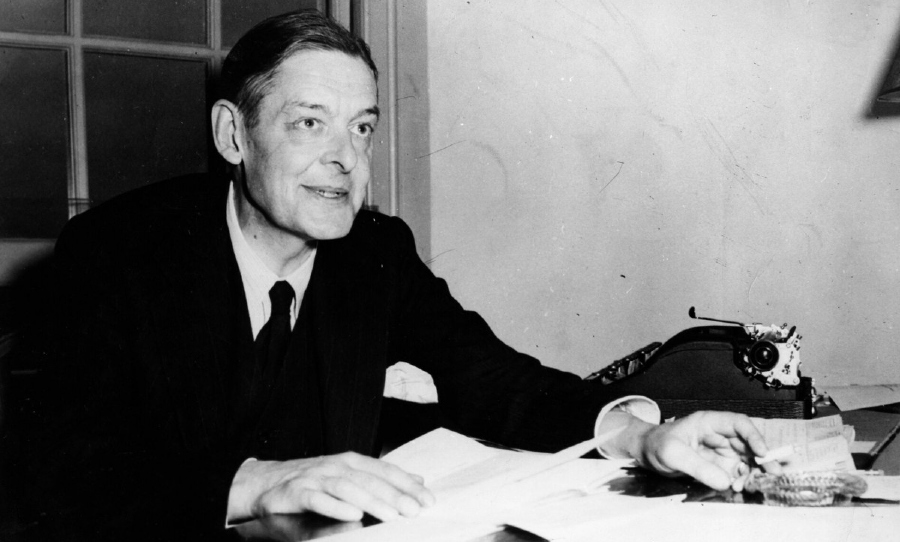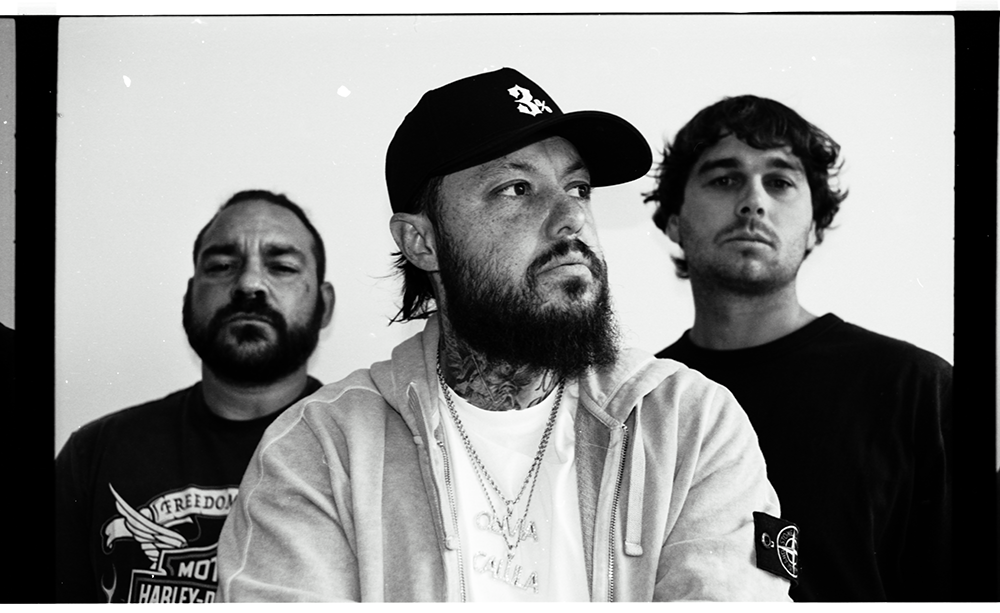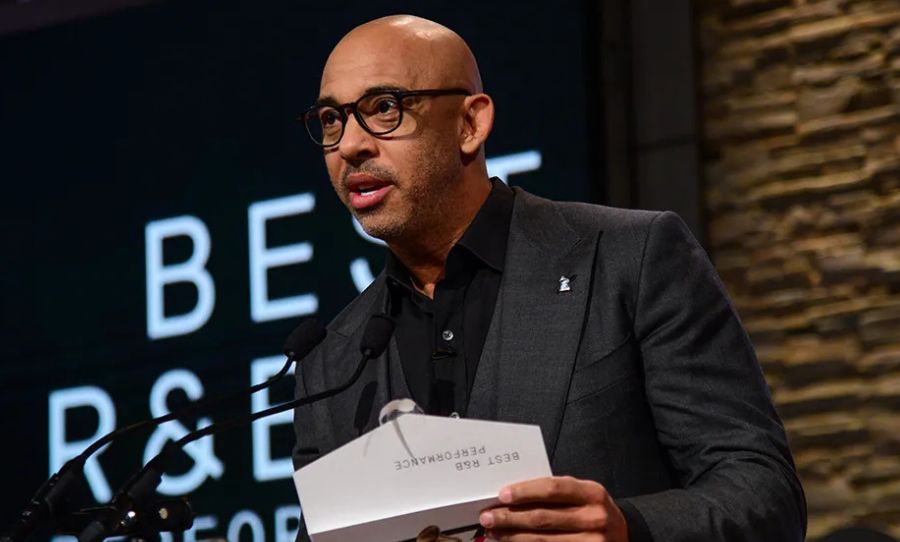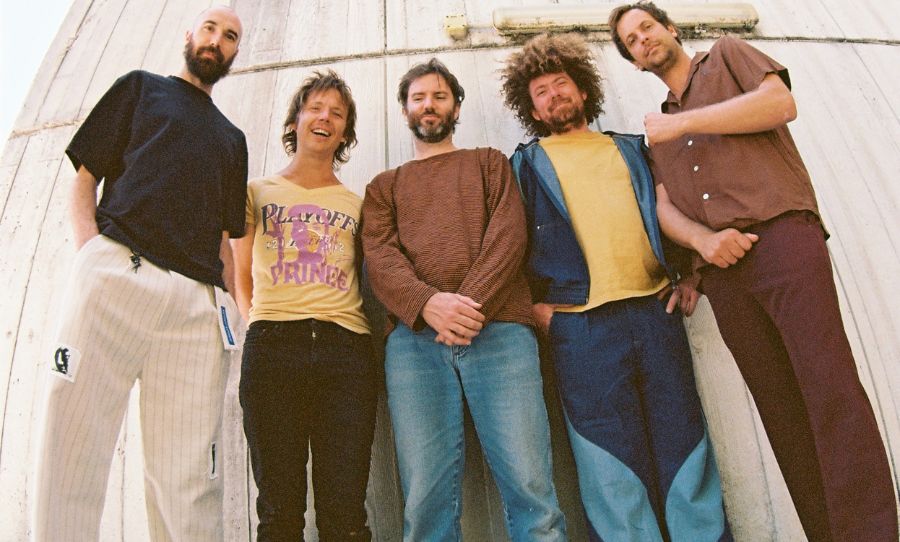The T.S. Eliot Prize has introduced the world to some of the greatest poets in history and celebrates the astonishing power of the form.
Established in 1993 to commemorate the UK Poetry Book Society’s 40th birthday, the T.S. Eliot Prize is heralded as one of the most prestigious poetry awards in the world. Named for the celebrated, namesake poet (more on him, below), the T.S. Eliot Prize has been described by former Poet Laureate of England Andrew Motion as “the Prize most poets want to win.”
As a poet, literary critic, essayist, and playwright, T.S. Eliot was a remarkable talent. With one of the most influential bodies of work in literary history, his contributions to modern literature and poetics are unmatched; he is often regarded as one of the greatest English-language poets of all time. In his honour, the prize is awarded annually to the best new poetry collection published in the UK or Ireland.

What an accolade – @lboroenglish
graduate becomes first poet of Indian origin to win T.S. Eliot Prize – the only UK poetry prize judged purely by established poets. Many congratulations to Bhanu Kapil for her collection “How to Wash a Heart”.https://t.co/1p5qx3srHX pic.twitter.com/36DvSrkWI4— Anna Leather (@AnnaJLeather) February 19, 2021
An interesting aspect of the T.S. Eliot Prize is that it is one of the rare poetry prizes that involve a judging committee of established poets. Noteworthy judges include Paul Muldoon, Bernadine Evaristo, and Carol Ann Duffy.
While the prize spent years being run by the Poetry Book Society, the T.S. Eliot Foundation took over the running of the award after the acquisition of the former. With the top prize worth £20,000, and each of the nine runners-up receiving £1500 each, the T.S. Eliot Prize is the UK’s most valuable poetry award, as well as being one of the biggest prizes in poetry, globally.
Catch up with all the shortlisted poets’ videos released to date on our YouTube page https://t.co/dgC02e24Bx pic.twitter.com/dBCYm8HOKO
— T. S. Eliot Prize (@tseliotprize) December 8, 2021
Notable winners of the T.S. Eliot Prize include Ted Hughes (1998, Birthday Letters), Anne Carson (2001, The Beauty of the Husband), Seamus Heaney (2006, District and Circle), and Ocean Vuong, (2017, Night Sky with Exit Wounds).



